Gratitude: The New Prozac
3 Ways to Increase Happiness Naturally.
Do you pop a pill to maintain your mood?
Do you wish there was an alternative to chemically enhanced happiness?
According to the research, Gratitude is a natural anti-depressant*
*With no negative side effects!
Here's what I've experienced:
As a meth addict, I became dependent on synthetic chemicals.
In sobriety, when facing the prospect of prolonged use of antidepressants, I wondered what the difference was between legal and illegal drugs.
Do you want to take a pill every day for the rest of your life to find peace, happiness, and contentment?
There was a time in my life when I had planned suicide.
I checked myself into a mental health hospital.
I agreed to take antidepressants.
They served their purpose, which I believe is for short-term relief.
Then I learned adaptive techniques to recover from depression: a gratitude practice.
If you’d like to ditch the drugs, read this:
Gratitude has been scientifically proven to:
Drastically Improve your emotional health;
Increase gains in physical development;
Deepen professional well-being;
and Cause relationships to heal.
Consistent gratitude NATURALLY makes you happier.
All of the research will be listed at the end.
Here’s your gratitude strategy (adapted from my own):
- Prepare to Play the Long Game.
A gratitude practice affects the neurotransmitters of the brain the same as antidepressants.
The difference is gratitude takes longer to alter the neuroplasticity of the brain.
Pop a pill and viola! you’re happy!
Nothing worthwhile comes as a result of instant gratification.
Gratitude requires long-term lifestyle changes.
Gratitude reaches into the core wounds.
Pills are a bandaid.
How can you incorporate gratitude into your life and wean out the synthetic chemicals?
Research shows gratitude:
Wires new neural connections;
Enhances the feel-good stuff like dopamine;
Regulates stress.
All of these benefits happen OVER TIME and permanently.
2. Create a Gratitude Practice.
Begin by introducing one behavior into your daily life.
I began with a simple addition to my morning that has made a crucial impact:
I wake up, drink water, and then remember a time when I felt the most grateful.
Homeless but sober:
A moment when I was leaving the first day of my new job as a waiter.
Tears were rolling down my face and I felt so hopeful.
That emotion fills my body, resets my perspective, and sets the tone for the day.
Other ideas:
-Start a gratitude journal and re-read your entries at the end of the week;
-Tell yourself in the mirror, morning and night, what you are grateful for;
-Select a gratitude accountability buddy;
These are small but powerful beginnings.
Keep in mind: the EMOTION generated from the gratitude practice is what actually alters the brain:
Your nervous system doesn’t hear your words, it feels the language of emotion.
3. Track Your Progress.
Monitor your happiness level to develop a rating system.
At the end of the day write down a symbol representing your happiness level.
For me, I use colors: red, orange, yellow, blue, and green.
Red: should have stayed in bed -> Green: peaceful and serene.
It helps to write down a few sentences explaining the reasoning behind the color choice:
This will be your trigger monitor:
If you had a bad day, who or what was involved and pay attention to your line of thinking.
Because:
Later you’ll be able to detect early warning signs of being triggered because it all happens on a loop.
The nervous system loves patterns, which makes it easier for you to predict oncoming mood dips.
I saved myself from depression through daily tracking and pattern detection.
And you’ll have tangible proof that you’re progressively getting happier.
No, gratitude may not be a fix-all for every mental health issue.
Yes, there are instances when antidepressants are necessary.
But, many of you reading this would love to come off the meds and be high on life.
Gratitude is the key!
Disclaimer: The content provided in this newsletter is for informational and educational purposes only. I am not a medical doctor, and the information shared here should not be considered official medical advice. Any medical or health-related topics discussed are based on personal experiences and research. It's important to consult with a qualified healthcare professional before making any decisions related to medical treatments or interventions.
References:
- Davidai, S., & Gilovich, T. (2016). The headwinds/tailwinds asymmetry: An availability bias in assessments of barriers and blessings. Journal of Personality and Social Psychology, 111(6), 835-851.
- Emmons, R. A., & McCullough, M. E. (2003). Counting blessings versus burdens: An experimental investigation of gratitude and subjective well-being in daily life. Journal of Personality and Social Psychology, 84(2), 377-389.
- Emmons, R. A., & McCullough, M. E. (2004). The psychology of gratitude (Series in affective science). New York, NY: Oxford University Press.
- Emmons, R. A., & McNamara, P. (2006). Sacred emotions and affective neuroscience: Gratitude, costly signaling, and the brain. In P. McNamara (Ed.), Where God and science meet: How brain and evolutionary studies alter our understanding of religion (pp. 11-30). Westport, CT: Praeger.
- Gloria, C. T., & Steinhardt, M. A. (2016). Relationships among positive emotions, coping, resilience and mental health. Stress and Health, 32(2), 145-156.
- Gordon, A. M., Impett, E. A., Kogan, A., Oveis, C., & Keltner, D. (2012). To have and to hold: Gratitude promotes relationship maintenance in intimate bonds. Journal of Personality and Social Psychology, 103(2), 257-274.
- Hardy, D. (2010). The compound effect. Philadelphia, PA: Vanguard Press.
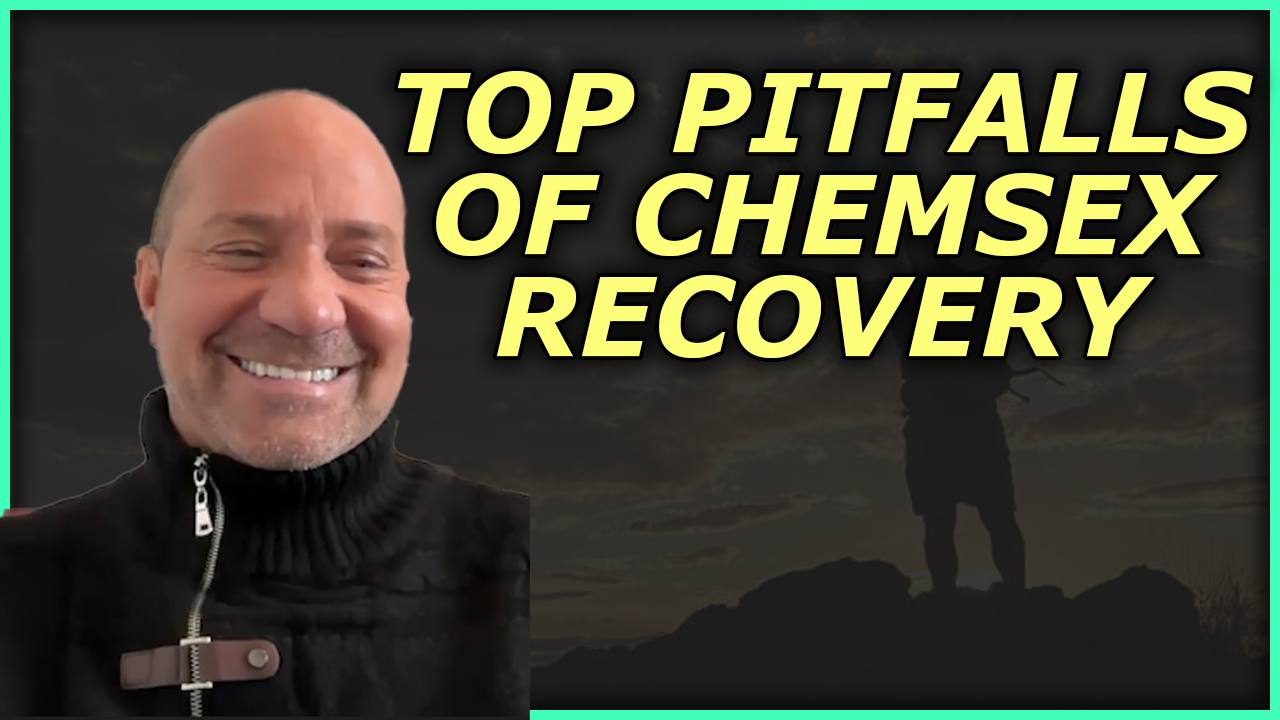
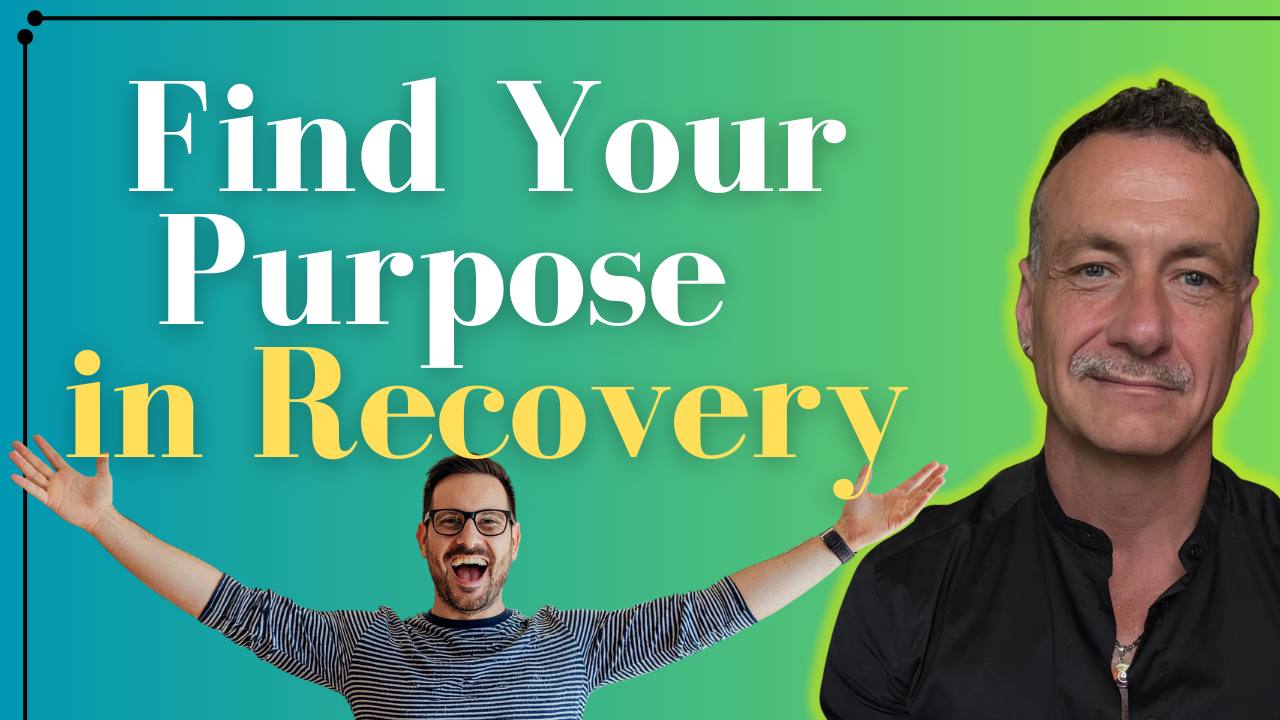
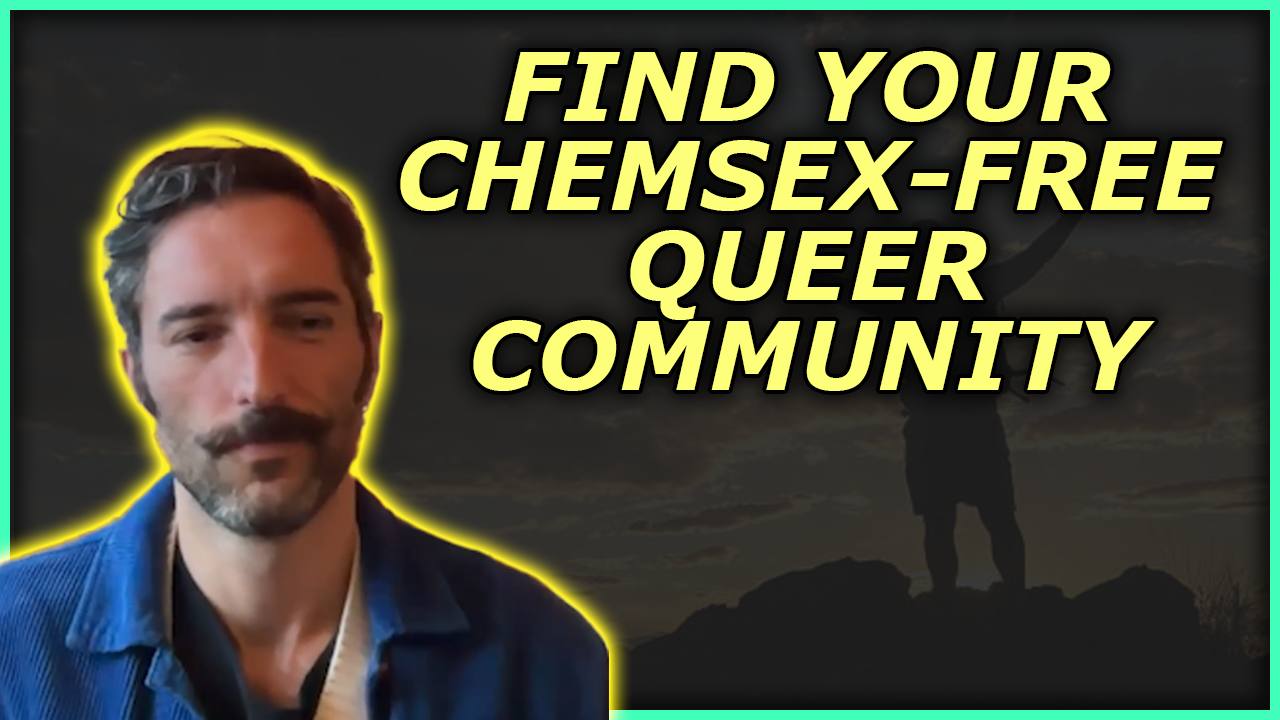
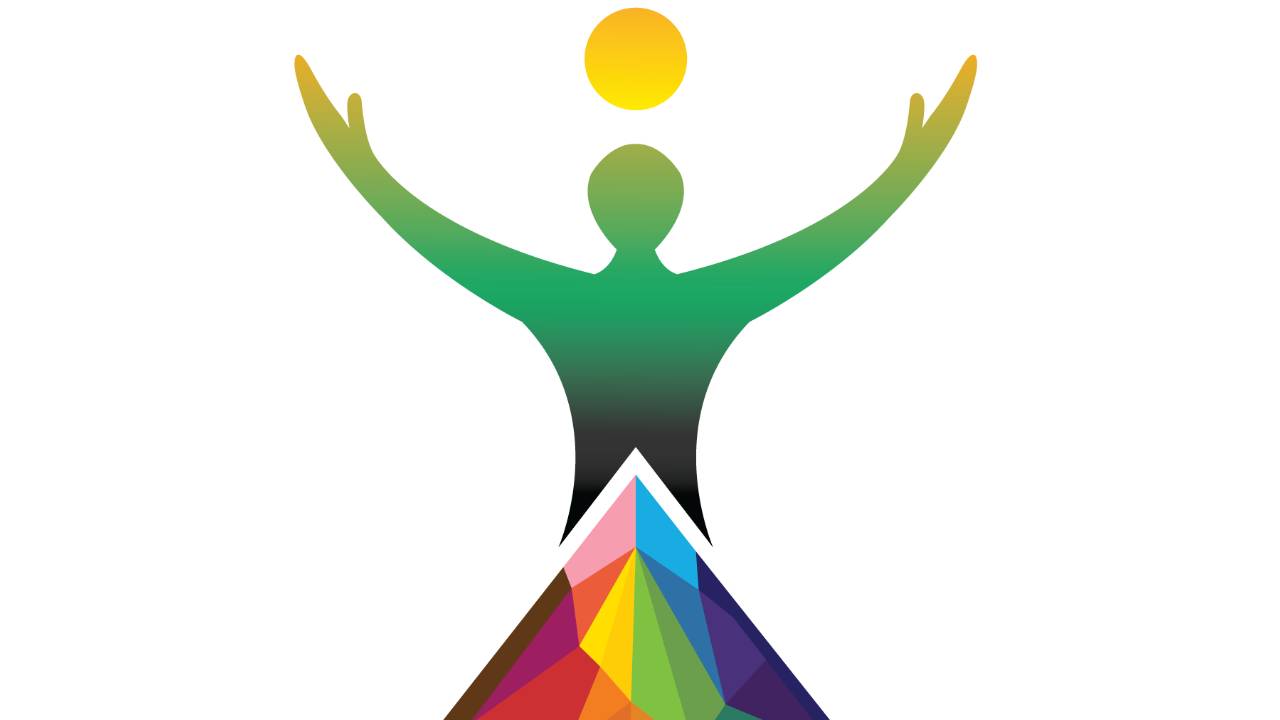
Responses